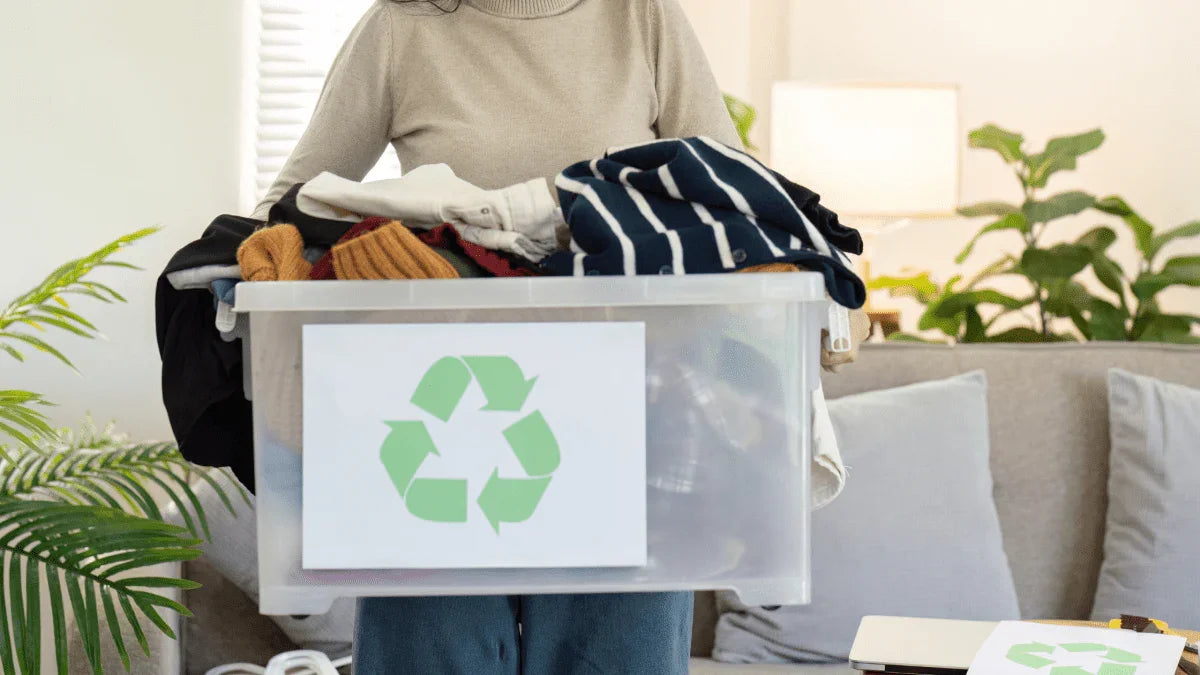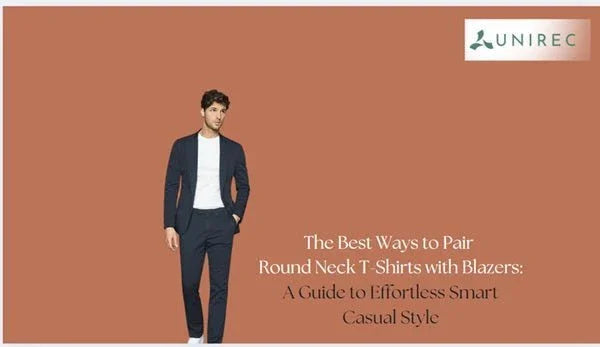Sustainable fashion is no longer just a niche movement—it’s a global shift towards ethical, eco-friendly choices. As concerns about climate change, waste, and ethical production grow, consumers and brands alike are recognizing that fashion needs a major transformation.
But is sustainable fashion just a passing trend, or is it a long-term necessity? In this blog, we explore why eco-friendly clothing is gaining momentum, the key factors driving this shift, and how you can make more conscious choices in your wardrobe.
The Rise of Sustainable Fashion
The Rise of Sustainable Fashion
Fashion has long been associated with fast-changing trends and mass production, but at what cost? The industry is one of the largest contributors to pollution, responsible for nearly 10% of global carbon emissions and vast amounts of textile waste.
In response, sustainable fashion has emerged as a powerful alternative—one that values longevity, ethical practices, and environmental responsibility. The demand for slow fashion, which prioritizes quality over quantity, is growing as people become more aware of fashion’s impact on the planet.
Here’s why this shift is happening now more than ever:
-
Environmental Awareness Is Growing
With increasing reports of climate change, deforestation, and pollution, consumers are more conscious of their choices. The fashion industry’s role in water pollution (due to toxic dyes) and excessive waste (from overproduction) has sparked conversations about eco-friendly clothing and responsible production methods.
By opting for brands that use organic, biodegradable, or recycled fashion materials, consumers can directly contribute to reducing environmental damage.
-
Ethical Consumerism Is on the Rise
More people are asking, “Who made my clothes?” Unfair wages, poor working conditions, and exploitation in garment factories have led to a demand for sustainable clothing that is ethically produced. Brands that prioritize fair trade, transparency, and ethical sourcing are gaining customer loyalty.
-
The Circular Economy and Recycled Fashion
A key aspect of sustainable fashion is reducing waste. The traditional “buy, wear, discard” cycle is being replaced by circular fashion, where clothes are recycled, upcycled, or repurposed instead of ending up in landfills.
Brands like Unirec, for example, are leading the way by creating stylish clothing from recycled materials.
How You Can Embrace Sustainable Fashion
Making sustainable choices doesn’t mean giving up on style. Here are simple ways to adopt slow fashion and make a positive impact:
-
Choose Quality Over Quantity
Instead of buying trendy pieces that wear out quickly, invest in timeless, well-made clothing that lasts longer. Look for durable materials and ethical brands that prioritize sustainability.
-
Support Brands That Care
Many fashion brands are making efforts to become more eco-conscious. Look for those that use organic or recycled fashion materials. Unirec, for example, focuses on high-quality, eco-friendly apparel made from sustainable fabrics.
-
Recycle, Repurpose, and Donate
Give your old clothes a second life by donating, swapping, or upcycling them into something new. Many brands now offer take-back programs where they recycle old garments into fresh designs.
-
Wash Smarter
Washing clothes less frequently, using cold water, and air-drying whenever possible can extend their lifespan and reduce your carbon footprint.
The Future of Fashion Is Sustainable
Sustainability in fashion isn’t just a passing trend—it’s a fundamental shift towards a more ethical and environmentally responsible industry. As more consumers embrace eco-friendly clothing and brands prioritize sustainable fashion, we move closer to a future where style and sustainability go hand in hand.
By making small but meaningful choices, like supporting ethical brands and choosing slow fashion, we can all contribute to a healthier planet—one outfit at a time.


